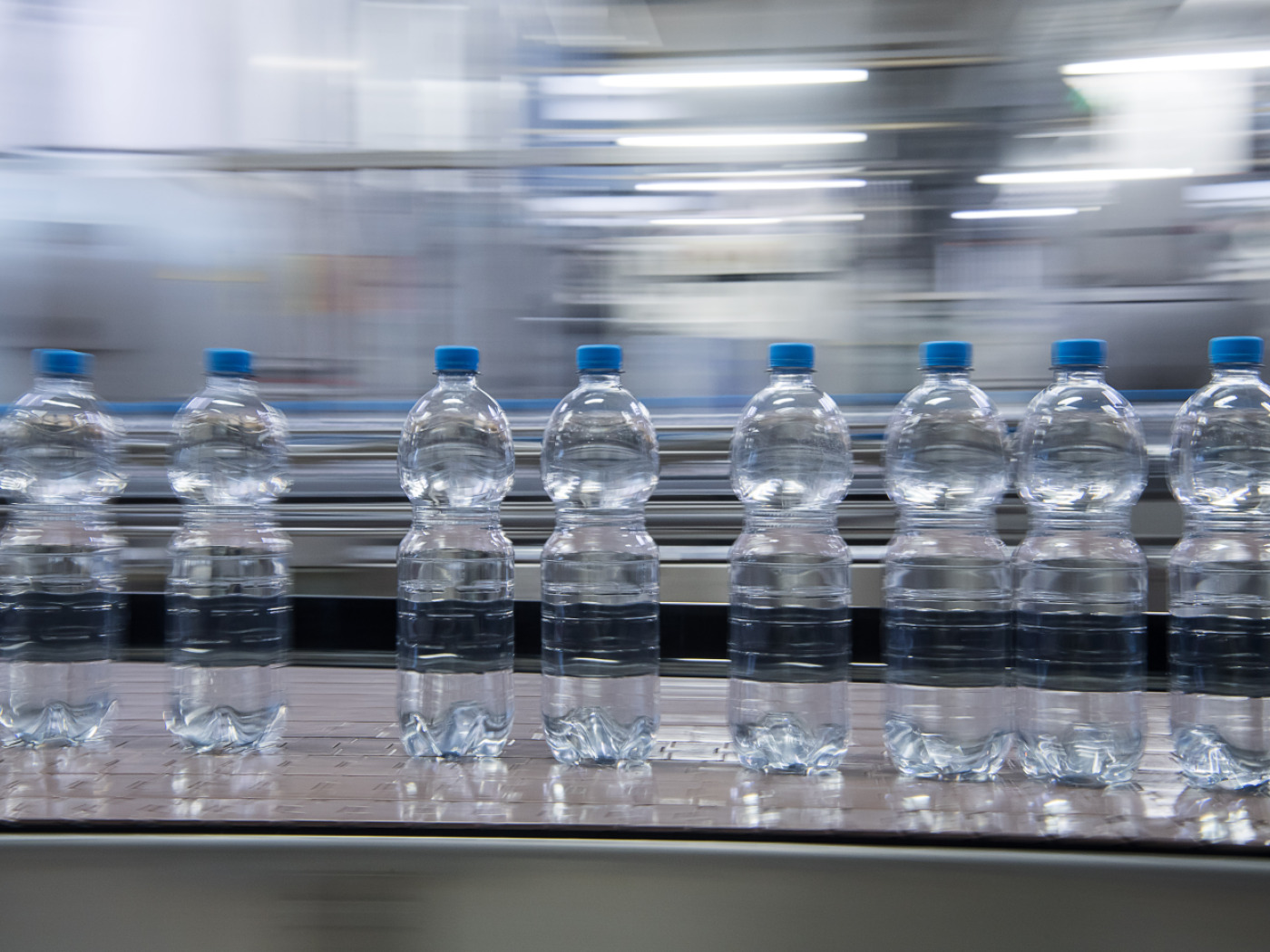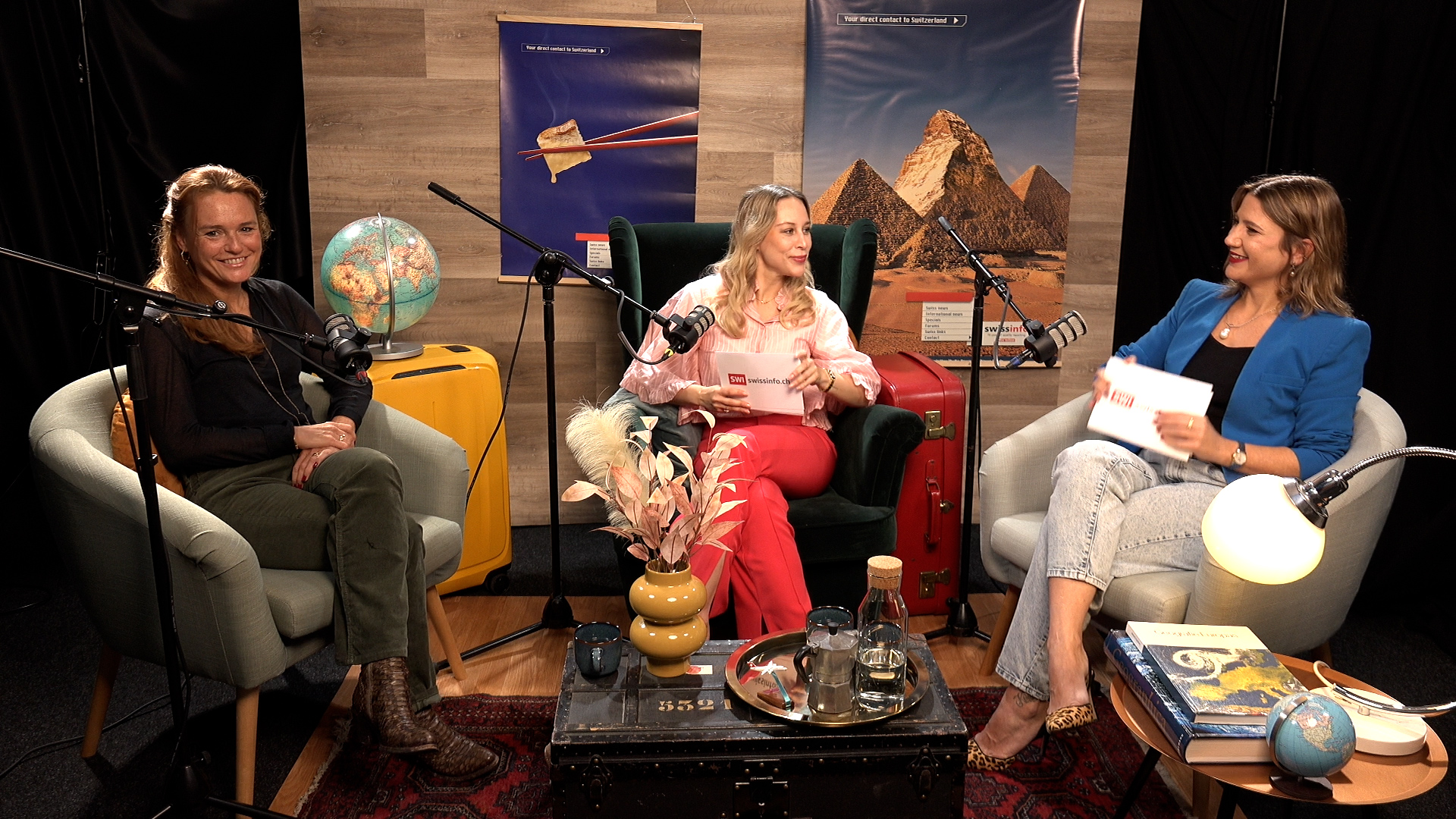
Nestlé Waters authorised to explore 5 boreholes in the Vosges

The Vosges prefecture announced on Thursday it has issued an order authorising Nestlé Waters to carry out five new exploratory boreholes at Vittel and They-sous-Monfort in eastern France. The aim is to search for Hépar natural mineral water.
+Get the most important news from Switzerland in your inbox
A spokesperson for the Swiss food giant told Agence France-Presse that “exploration is an integral part of being an ore carrier”.
The aim of this first phase is to analyse the geology of the soil and understand the terrain. These studies “take time”, a spokesperson for the Swiss food giant told Agence France-Presse
Nestlé Waters had to suspend two of the six boreholes used to produce Hépar water in 2023 due to the vagaries of the weather.
The decree, consulted by AFP, stipulates that “the installation must be commissioned, the works constructed, the work carried out and the activity (…) exercised within a period of 3 years”.

More
Nestlé water scandal: French state accused of cover-up
Nestlé Waters has been facing setbacks since the beginning of 2024, when press reports revealed the use in previous years of banned treatments (ultraviolet, activated carbon) at Nestlé Waters bottling plants to, a subsidiary of the Swiss group, which includes the Vittel, Perrier, Hépar and Contrex brands.
Natural mineral water cannot be disinfected or treated in any way that would alter its characteristics.
In mid-May, a report by a Senate committee of enquiry found that these treatments had been “concealed by the State”.
Translated from German by DeepL/jdp
We select the most relevant news for an international audience and use automatic translation tools to translate them into English. A journalist then reviews the translation for clarity and accuracy before publication.
Providing you with automatically translated news gives us the time to write more in-depth articles. The news stories we select have been written and carefully fact-checked by an external editorial team from news agencies such as Bloomberg or Keystone.
If you have any questions about how we work, write to us at english@swissinfo.ch

In compliance with the JTI standards
More: SWI swissinfo.ch certified by the Journalism Trust Initiative































You can find an overview of ongoing debates with our journalists here . Please join us!
If you want to start a conversation about a topic raised in this article or want to report factual errors, email us at english@swissinfo.ch.